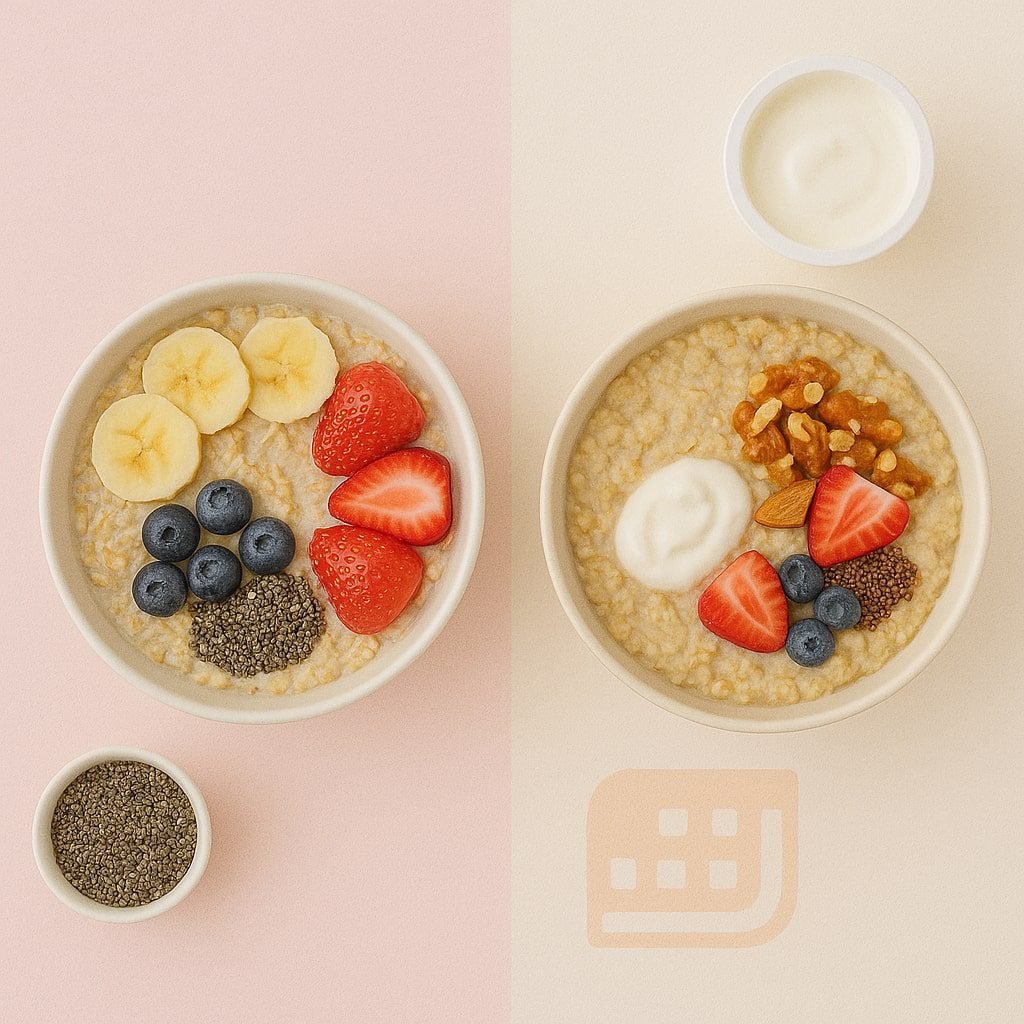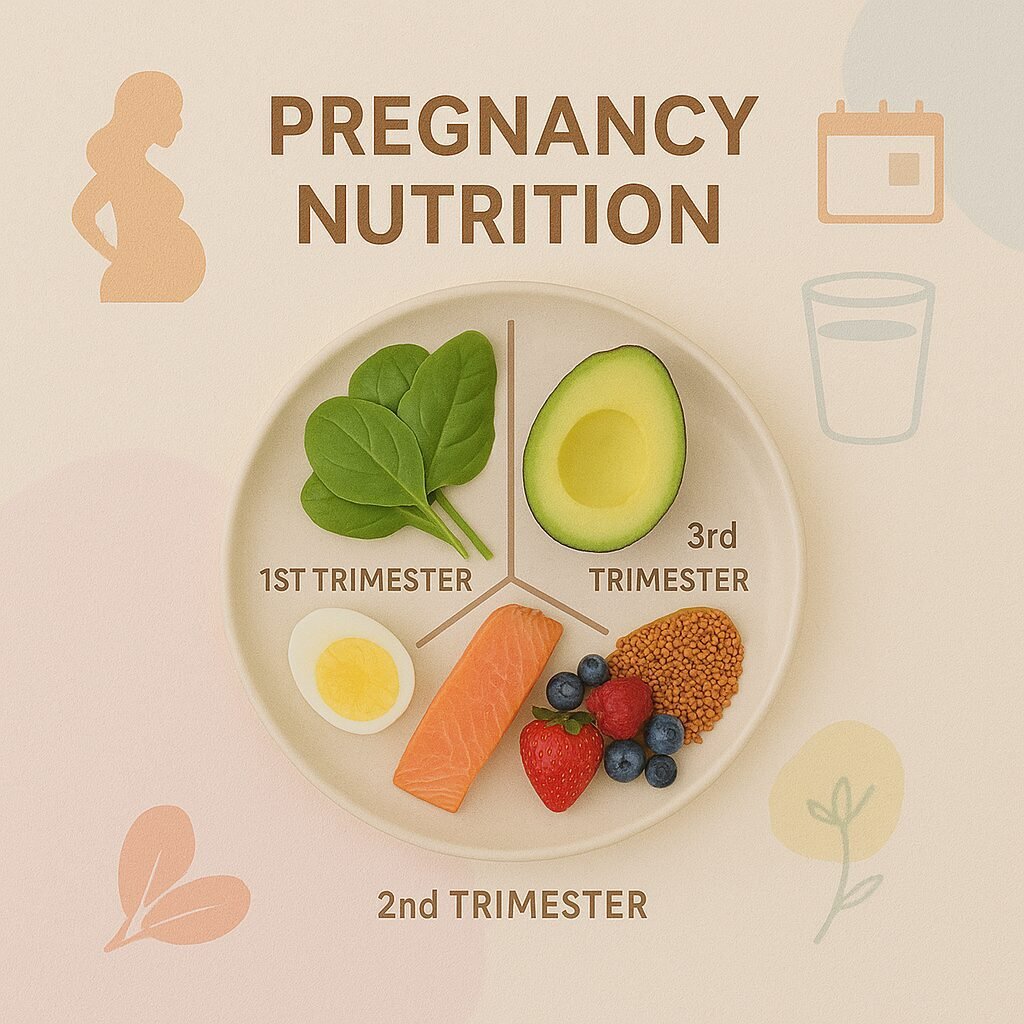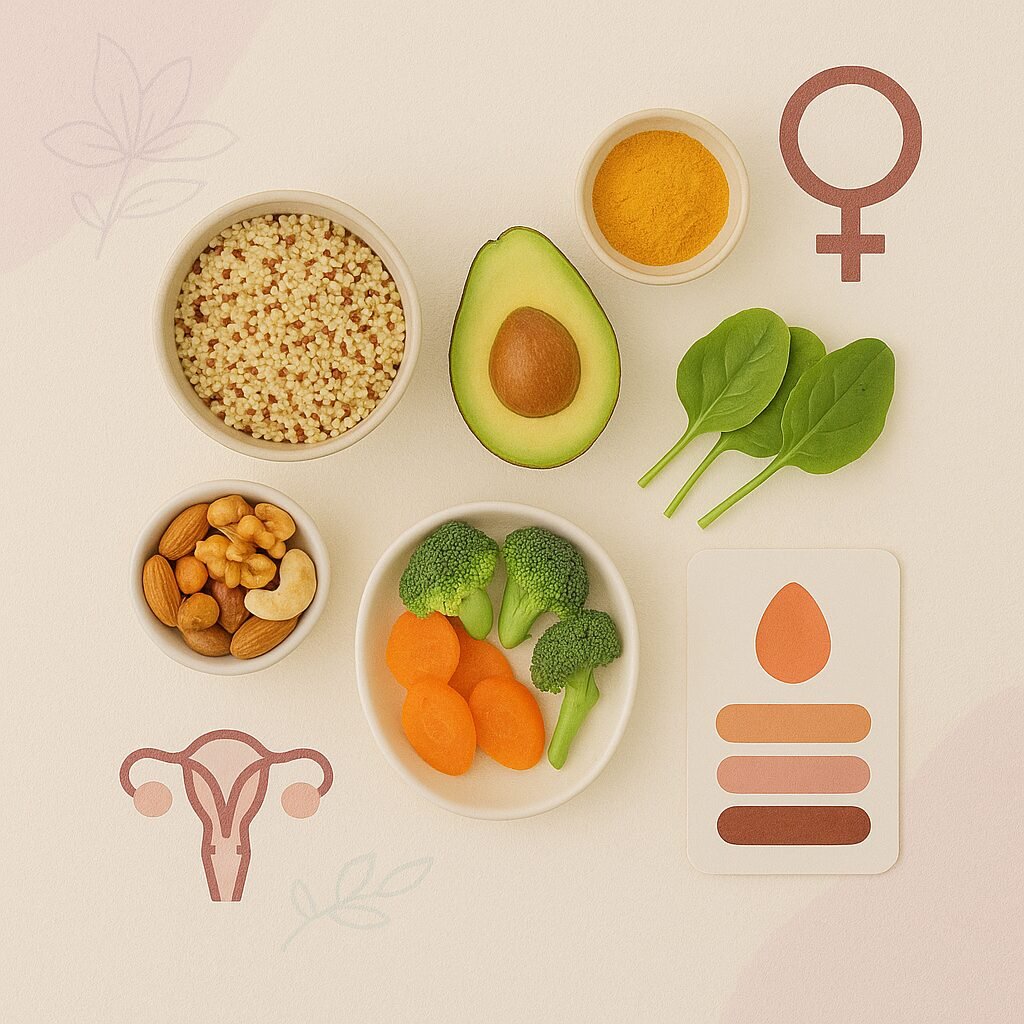Are you in your thirties and constantly feeling tired, bloated, moody, or anxious? Many women brush off these symptoms as stress or lifestyle issues, but they could be early signs of perimenopause. Yes, perimenopause can begin much earlier than most people realize.
For many women, hormonal changes can start as early as the mid-thirties. During this phase, the body begins transitioning toward menopause, and hormones like estrogen and progesterone start to fluctuate. These shifts can affect both physical and emotional well-being.
Common Early Signs of Perimenopause
Hormonal fluctuations during perimenopause can lead to a range of symptoms, including:
- Persistent fatigue
- Mood swings and anxiety
- Bloating and digestive discomfort
- Irregular or heavier periods
- Sleep disturbances
Because these symptoms develop gradually, they often go unnoticed or are mistaken for everyday stress.
Why Hormones Start Changing Early
Estrogen and progesterone play a crucial role in regulating energy, mood, metabolism, and sleep. As these hormones begin to fluctuate, the body may struggle to maintain balance, leading to the symptoms many women experience in their thirties.
The good news is that you do not have to simply live with it.
How Diet Can Support Hormone Balance
A well-planned, personalized diet can help stabilize hormones and reduce perimenopausal symptoms naturally. Instead of guessing what to eat, working with a nutritionist who can review your health reports and lifestyle can make a significant difference.
Key dietary focus areas include:
- A balanced intake of protein to support muscle and energy
- Fiber-rich foods to aid digestion and hormone detoxification
- Healthy fats, especially omega-3s, to support hormone production
- Magnesium and B vitamins for stress management and energy
- Phytoestrogen-rich foods such as legumes, soy, nuts, seeds, and whole grains to support estrogen balance
Lifestyle Factors Matter Too
Nutrition alone is not enough. Quality sleep is essential for hormone regulation. Prioritizing consistent sleep routines, stress management, and gentle physical activity can further support hormonal balance during this transition phase.
Conclusion
Perimenopause can begin earlier than most women expect, and the symptoms are often misunderstood or ignored. Fatigue, mood swings, bloating, and sleep issues in your thirties may be your body’s way of signaling hormonal changes. With the right nutrition, lifestyle support, and professional guidance, it is possible to ease these symptoms and restore balance naturally. Listening to your body and seeking personalized care can help you navigate perimenopause with confidence and better health.
In case of any related query related to nutrition or weight management book an appointment with Dt. Silky Mahajan .You can also send us a mail at info@foodsandnutrition.in or call on 7829999400. Follow us on facebook & instagram for latest updates.











